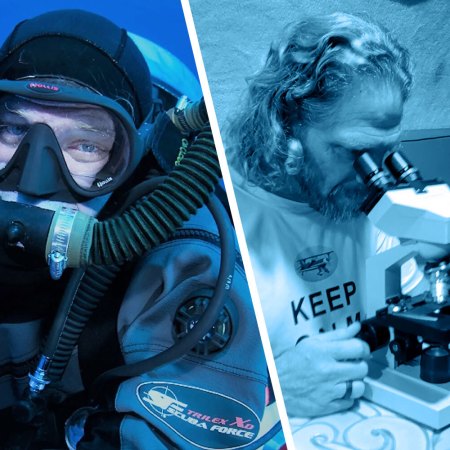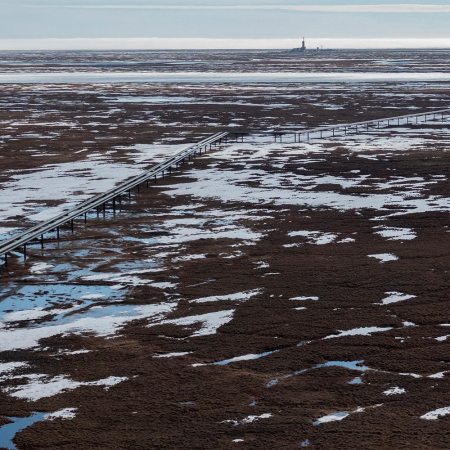By now we’ve heard about the passing of once-in-a-generation thinker and activist Stephen Hawking (on Einstein’s birthday, no less), who was told he had just two years to live when he was diagnosed with Lou Gehrig’s disease at age 21.
Leave it to a theoretical physicist to laugh in the face of time; Hawking just celebrated his 76th birthday in January, overshooting his doctors by 50 years and some change. That’s not the only idea he toppled either: his research and testing in the ‘70s lead to major breakthroughs and challenges to our conceptions of black holes, the universe and the very definitions of space and time. His thoughts on the cosmos were elucidated in his books, including the 10-million-sold, possibly least-read best-seller A Brief History of Time.
But what of his thoughts on us, mankind?
At the turn of the century, he was openly worrying about how long humans could survive against nuclear and biological threats. In 2006, he asked, “In a world that is in chaos politically, socially and environmentally, how can the human race sustain another 100 years? … I don’t know the answer. That is why I asked the question, to get people to think about it, and to be aware of the dangers we now face.”
In addition to suggesting we colonize space — and soon — to ensure the future of mankind, Hawking has also warned of the danger aliens (which based on probability, he says could rationally exist) and made some rather grim guesses at what they would make of us if our paths did cross.
But human politics also leave a lot to be desired, and Hawking went on record as pro-Universal Healthcare, implicitly making the case that without the special care he received throughout his life, the world could have lost his mind without realizing any of its wisdom or lessons, a travesty though avoided for him plays out for countless others who lack access to care and medicine, and have only their prayers to offer them hope. To God, atheist Hawking predictably ascribed little authority, saying: “There is probably no heaven, and no afterlife either. We have this one life to appreciate the grand design of the universe, and for that, I am extremely grateful.”
We are also grateful: to have shared some time on earth with such a challenging, unique man.
The question now is whether we can — or will — apply his advice to the world he left behind.
Main image via Wikimedia Commons
This article was featured in the InsideHook newsletter. Sign up now.





















